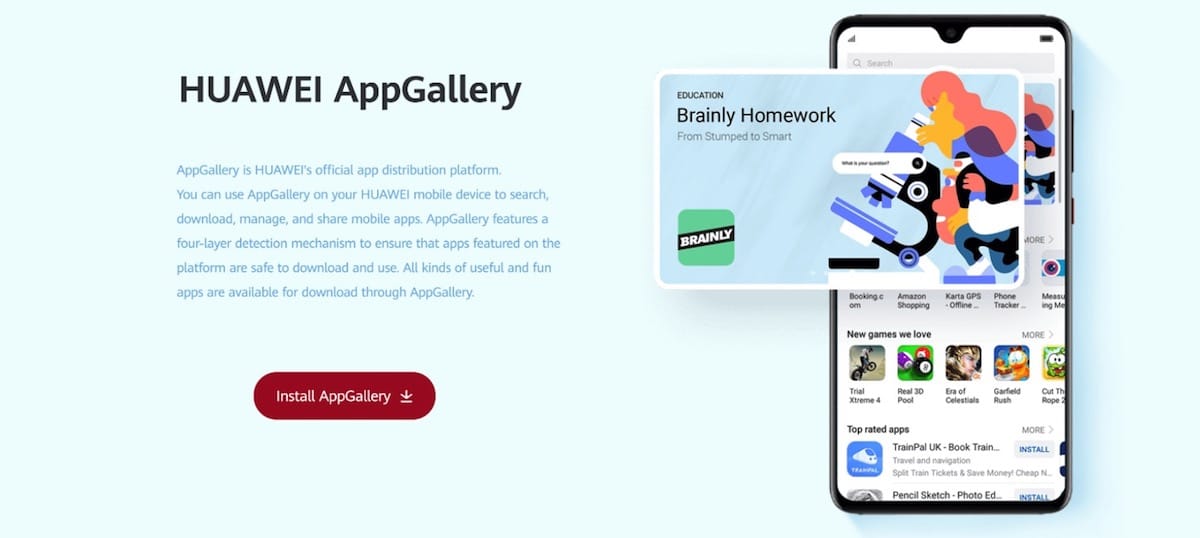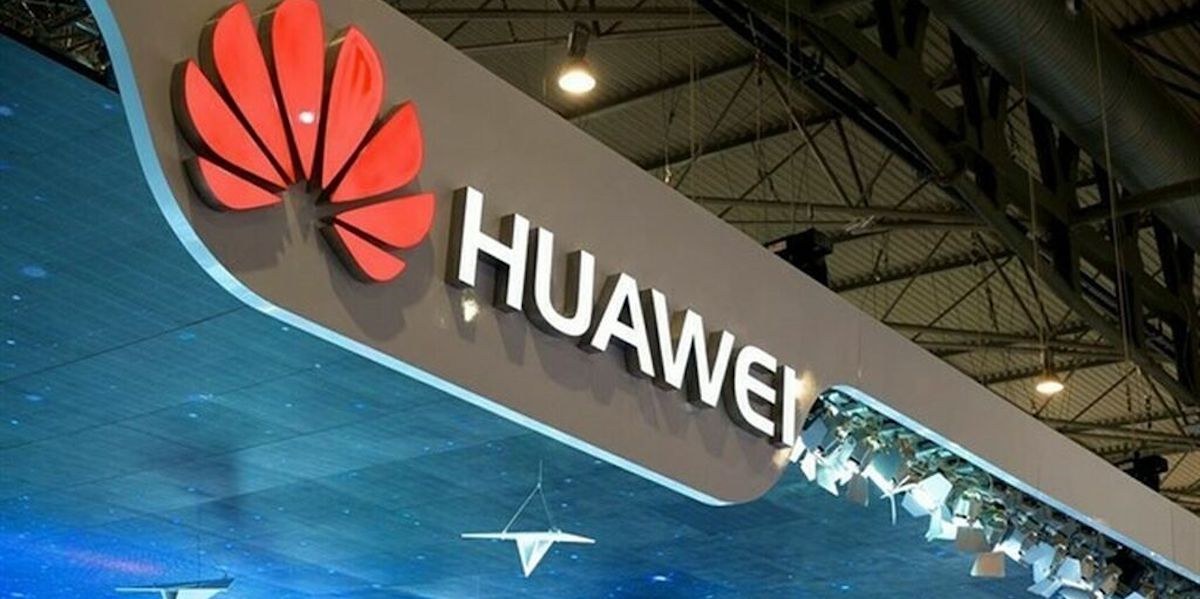
There seems to be no going back. Everything seems to indicate that Huawei has no intention of using Google services again in the future, despite the fact that the latter has asked the American government for the possibility of continuing to work with the Asian company. Huawei's App Gallery is the Asian company's solution, an application store, on which the giant is focusing many of its resources.
An ecosystem without applications is worth absolutely nothing. For developers to consider publishing their applications in Huawei's App Gallery, the communications giant has created a special program in which they, they will be able to obtain almost 100% of the income that they generate.
Both the Play Store and the App Store always keep 30% of the sales of applications and games in addition to available in-app purchases, a percentage that some developers consider excessive. Others, such as Spotify, Netflix or Youtube Music (the latter only in the App Store), have chosen not to offer the possibility of contracting subscriptions, in order to have to pay 30% to Google or Apple every month and avoid having to increase in that same percentage the amount of the subscriptions through the applications.
What is Huawei's plan
Huawei wants to attract as many developers as possible, developers who currently offer their applications on the Google Play Store. During the next 12 months, Huawei will allow developers keep 100% of revenue, except in the games category (they will get 85% of the income). In the next 12 months, applications for education will have a distribution of 90-10 and the rest of applications, including games, will have a distribution of 85-15.
Two years is a more than ample period to verify if the App Gallery can stay on the market and it is a new opportunity for all developers who have always expressed their discomfort at not being able to negotiate the percentage that both Google and Apple remain.
Huawei has named this proposal as the Percentage of Participation in the Revenue of the Preferential Policy and is valid for the next 24 months for developers who accept the agreement before June 30, 2020.
WhatsApp, YouTube, Facebook ...
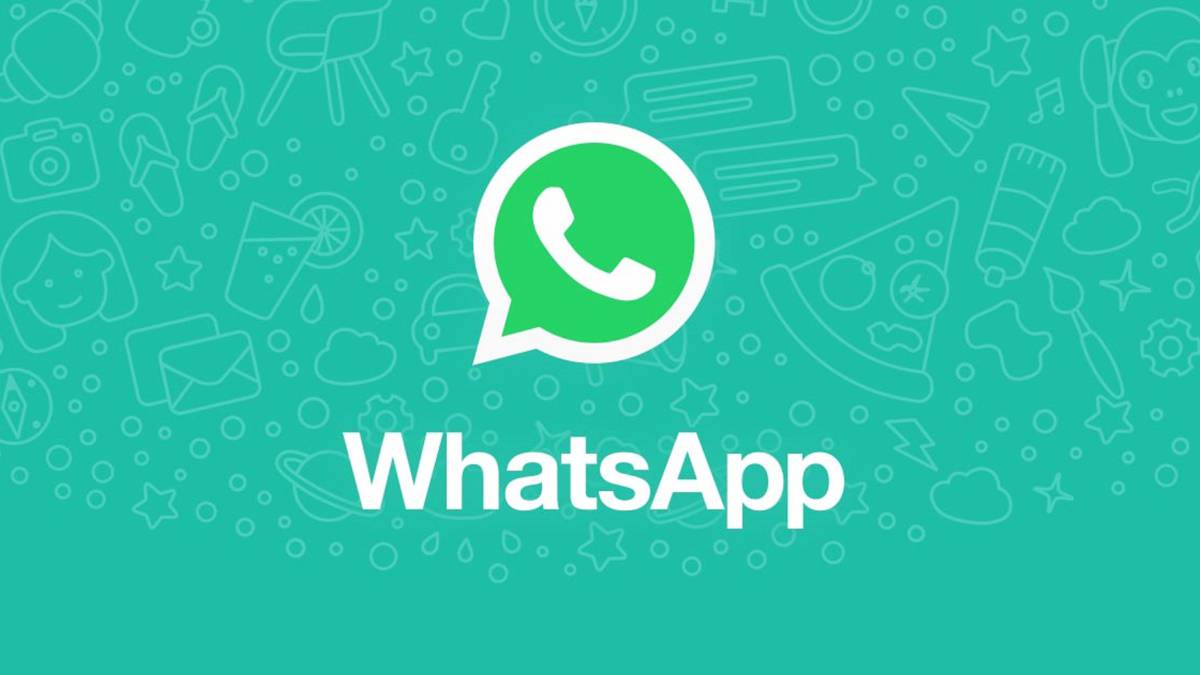
Huawei's approach is great for developers, but still insufficient for developers. Unless the Huawei application store, and the rest of the manufacturers, can reach an agreement with Facebook, WhatsApp, Instagram and Google For their applications to be available in their application store, users are animals of habit and leaving them without the most used messaging application or without their favorite social network or without YouTube is going to be very complicated if not impossible.
There was no other way
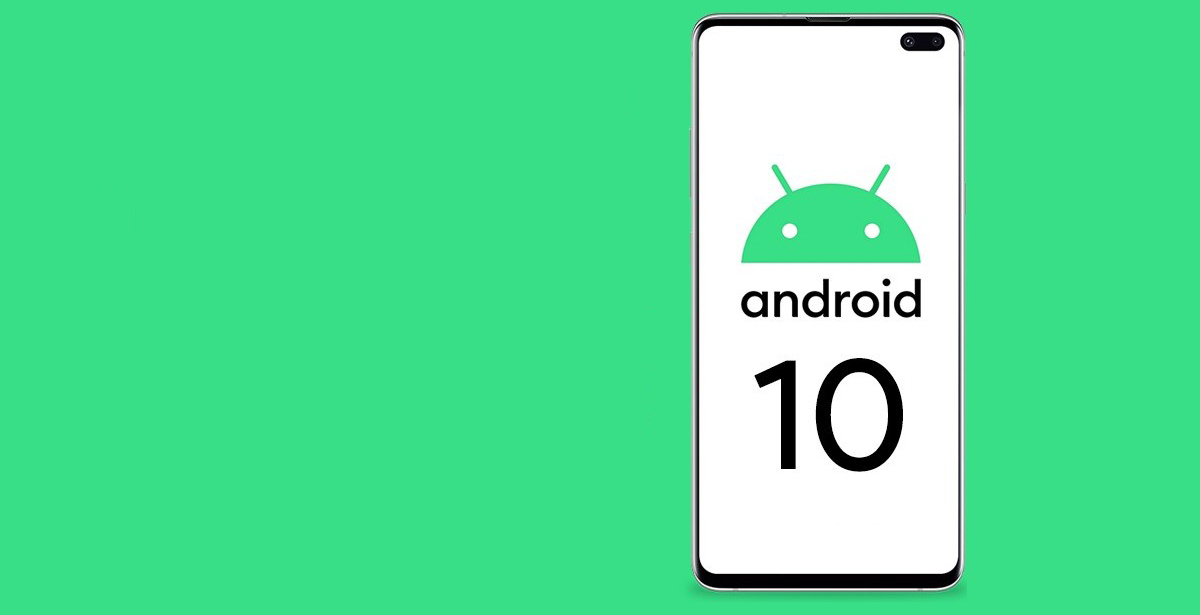
The Huawei Mate 30 Pro was the first Huawei smartphone to hit the market without Google services, although it was not very difficult to install them with a little patience and knowledge. But of course, users do not want to complicate their lives, and they want their smartphone to have access to the entire ecosystem of applications that it is used to using regularly without having to install anything.
The Gallery App is the only access path that Chinese users have to install applications on their terminalsSince smartphones sold in the country do not include services from China. Like Huawei's App Gallery, both Xiaomi and Oppo also have their respective app stores.
There is a recent rumor that claims that both Xiaomi, Oppo and Huawei would be reaching an agreement so that all developer applications were available in their stores together. In this way, these three giants could reduce their dependence on Google and launch their own versions of Android without depending on the search giant at any time.
How will it affect Android development?
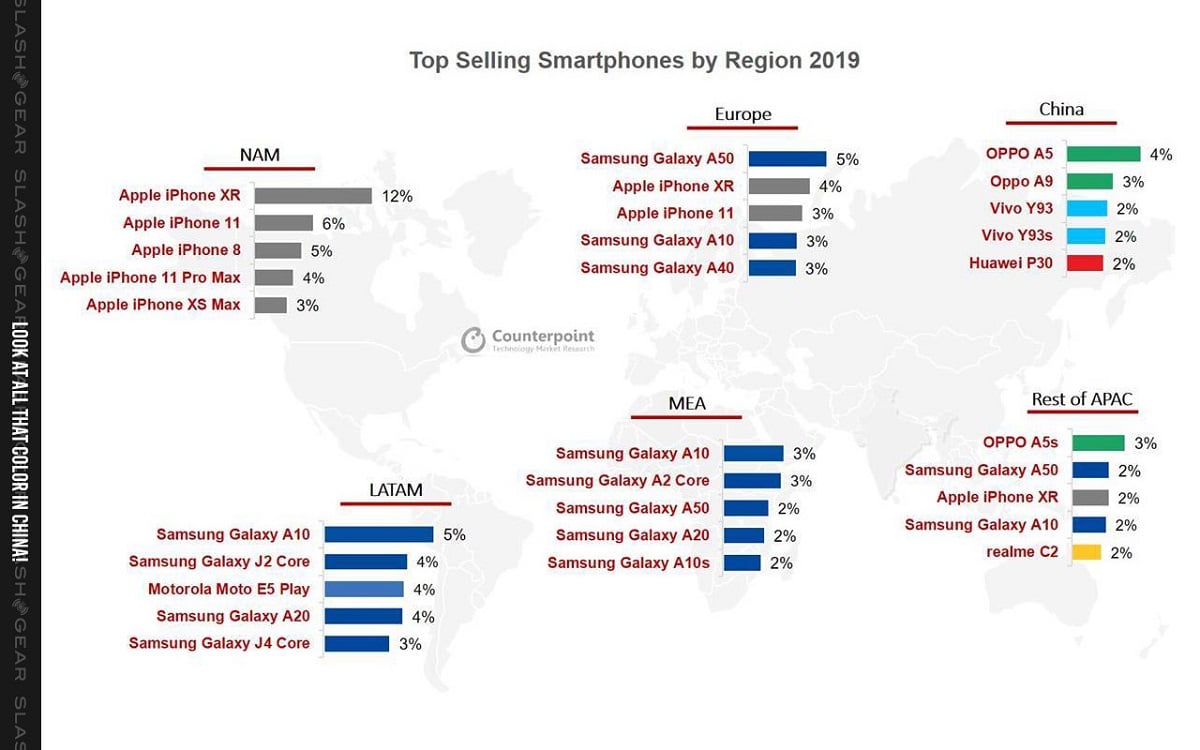
If we take a look at the best-selling smartphones around the world, by region, we see how the Asian manufacturers Oppo and Vivo, together with Huawei have occupied the top 5 positions in China, a country where Google services are not available, for which they do not affect the company's income.
Both in Europe, as well as in North America, Latin America and the Middle East, Samsung and Apple have shared the top 5 positions. In the Pacific, we find the thing very distributed with Oppo, Samsung, Apple and Realme occupying the first 5 positions.
Both Samsung and Apple have been able to respond to the pulse of Asian manufacturers such as Xiaom, Huawei and Oppo, launching terminals with very good features at a more than adjusted price, gaining the trust of the user, who instead of opting for a lesser known manufacturer, prefers traditional manufacturers.
In the last two years, we have seen how Samsung has reached different important agreements with both Google and Microsoft. Samsung is, today, the only major manufacturer that currently has no plans to abandon Google services, and if it did, it could be the end of Android as we know it today.
In addition, Samsung would not have any problem in offering the applications of Facebook, WhatsApp, Instagram, Twitter and others, since American government restrictions do not affect South Korean companies. Tizen, the Samsung operating system that it uses in its smartwatches, has matured a lot in recent years, and it is likely that it can be prepared to manage any smartphone.
There is still hope with the Huawei P40
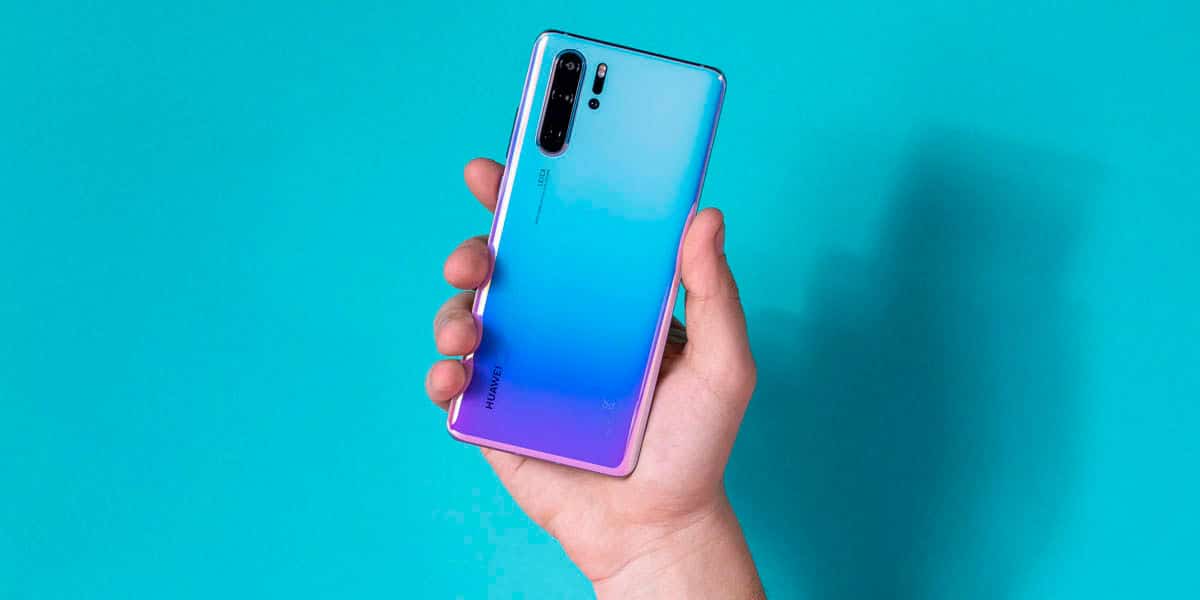
Huawei plans to introduce the P40 in Europe, despite still not offering Google services. What's the point? The only reason why Huawei could continue to officially present its new flagship in Europe is that it has reached an agreement so that some of the most used applications that I mentioned in the previous section, are available in the Huawei App Gallery .
Since the veto of the American government to Huawei was announced, the company's sales have suffered considerably outside of China, so much so that it has failed to place any of its smartphones among the best-selling devices in Europe and Latin America, two of the countries where in recent years it had climbed important positions.
